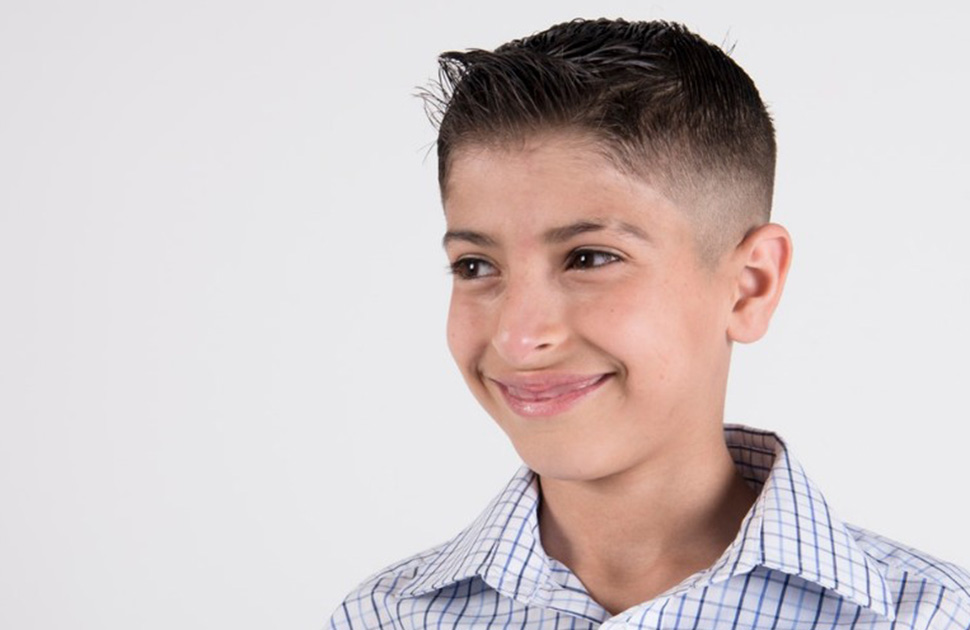OTTAWA, June 21 – We know that many parents are very concerned about the global shortage of certain infant formulas resulting from the closure of a large manufacturing plant in the United States. In Canada, this has led to a shortage of specialized infant formulas designed for babies with food allergies and certain medical conditions.
The good news is that the U.S. plant re-opened on June 4 and infant formula will gradually become available in the coming months, starting with specialized infant formula. Health Canada is closely monitoring the availability of these specialized products.
Also on the good news side of things, there is no current shortage of regular infant formula in Canada. The shortage is limited to the supply of specialized formulas for infants with food allergies and certain medical conditions.
Here’s what parents and caregivers can do:
-
Breastfeed your baby if you can.
-
Don’t buy more infant formula than you need, especially hypoallergenic formula that babies with food allergies need.
-
Keep specialized infant formulas for babies with allergies and medical conditions.
-
Try a different brand of formula under the recommendation of your health-care provider (doctor, nurse practitioner, registered dietitian). It's normal for infants to take time to adjust to a new formula.
For more detailed information, tips, product lists and resources, visit Health Canada’s page on this topic.
– 30 –
Media contact
media@cheo.on.ca
About CHEO
Based in Canada’s capital, CHEO is a globally renowned health institution with a mission to provide exceptional care and support to children, youth and their families. Opening our doors in 1974, we offer a full range of specialized pediatric care and services to children from eastern and northern Ontario, western Quebec and Nunavut. Our site is home to a hospital, a children’s treatment centre, a school, a research institute, and is affiliated with the University of Ottawa as an academic health science centre. Named Canada’s best health-care employer by Forbes in 2024 and 2025, we are home to more than 6,500 staff, clinicians, scientists and researchers, as well as volunteers – all of whom work together to help children and youth achieve their best lives.





